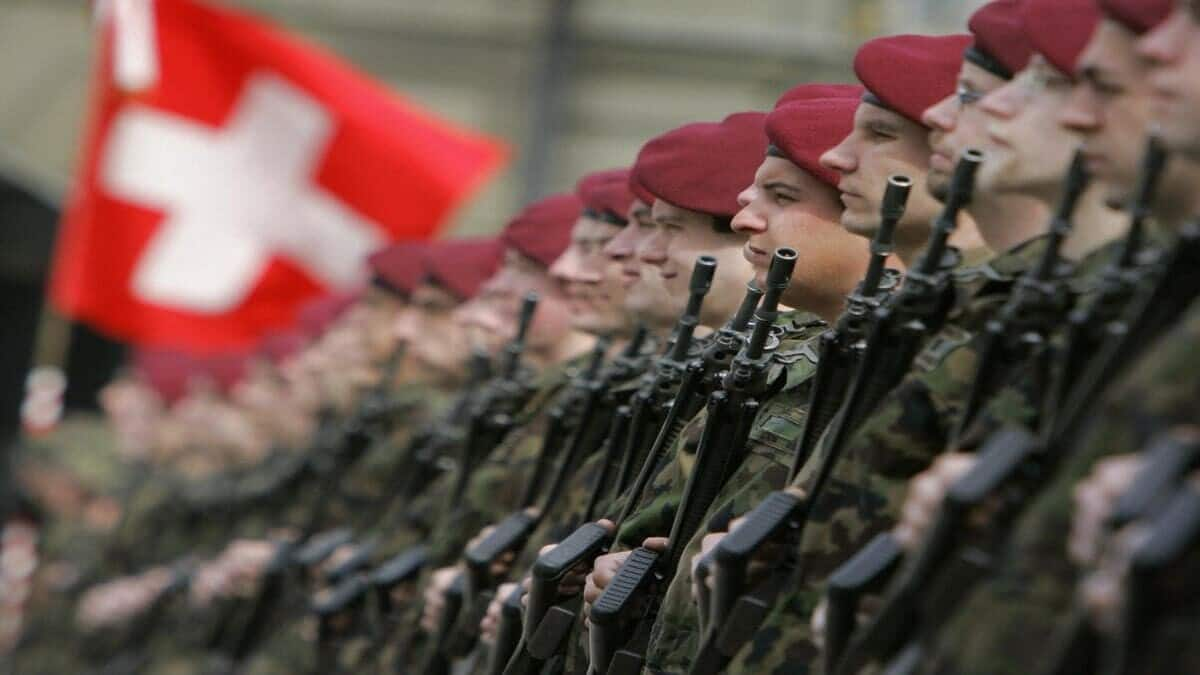
Switzerland considers ending centuries-old neutrality amid rising Russia-Europe tensions
What's the story
Switzerland, a nation known for its neutrality since 1515, is contemplating a shift in its defense stance due to escalating tensions between Russia and Europe. A report published by an expert group has urged the Swiss government to consider developing a "common defense capability" with the European Union (EU) and NATO. The report states, "Since the Russian attack on Ukraine, neutrality has once again become the subject of political debate... Pressure on Switzerland to clarify its position is growing."
Defense dilemma
Neutrality's impact on Switzerland's defense and arms sales
The report highlights that Switzerland's neutrality has adversely affected its arms sales, which fell by 27% to less than 700 million Swiss francs (€746 million) last year. This decline is attributed to the country's strict arms export policies, which prohibit the sale of weapons to nations at war. The report suggests that this "re-export ban must be lifted" for Switzerland to gain access to EU and NATO armament programs and boost its own arms industry.
Strategic alliances
Switzerland's efforts to strengthen ties with EU and NATO
The expert group's report comes after the Swiss federal council expressed a willingness to strengthen ties with both NATO and the EU on security and defense. A Swiss delegation recently visited Luxembourg for talks with NATO's Support and Procurement Agency (NSPA). Additionally, the federal council approved participation in two of the EU's Permanent Structured Cooperation (PESCO) projects last month, one focusing on military mobility and another on cyber defense.
Reputation risk
Switzerland's defense expenditure under scrutiny
Jean-Marc Rickli from the Geneva Centre for Security Policy highlighted a potential reputational risk for Switzerland if it continues its neutral stance. He stated, "There's a reputational element of Switzerland potentially seen as a free rider who doesn't cooperate with European states." The report also suggests that by 2030, Switzerland should allocate at least 1% of its GDP to military expenditure, up from the current 0.76%.
Defense strategy
Report's recommendations
The report was delivered to Swiss Defense and Security Minister Viola Amherd on Thursday, outlining plans for the country's defense strategy for 2025. However, it has already faced criticism from opposition parties who accuse Amherd of appointing mainly "NATO and EU enthusiasts" to the expert committee. The experts finally recommended that Switzerland should move toward "global defense," meaning preparing the whole of society for a potential conflict.